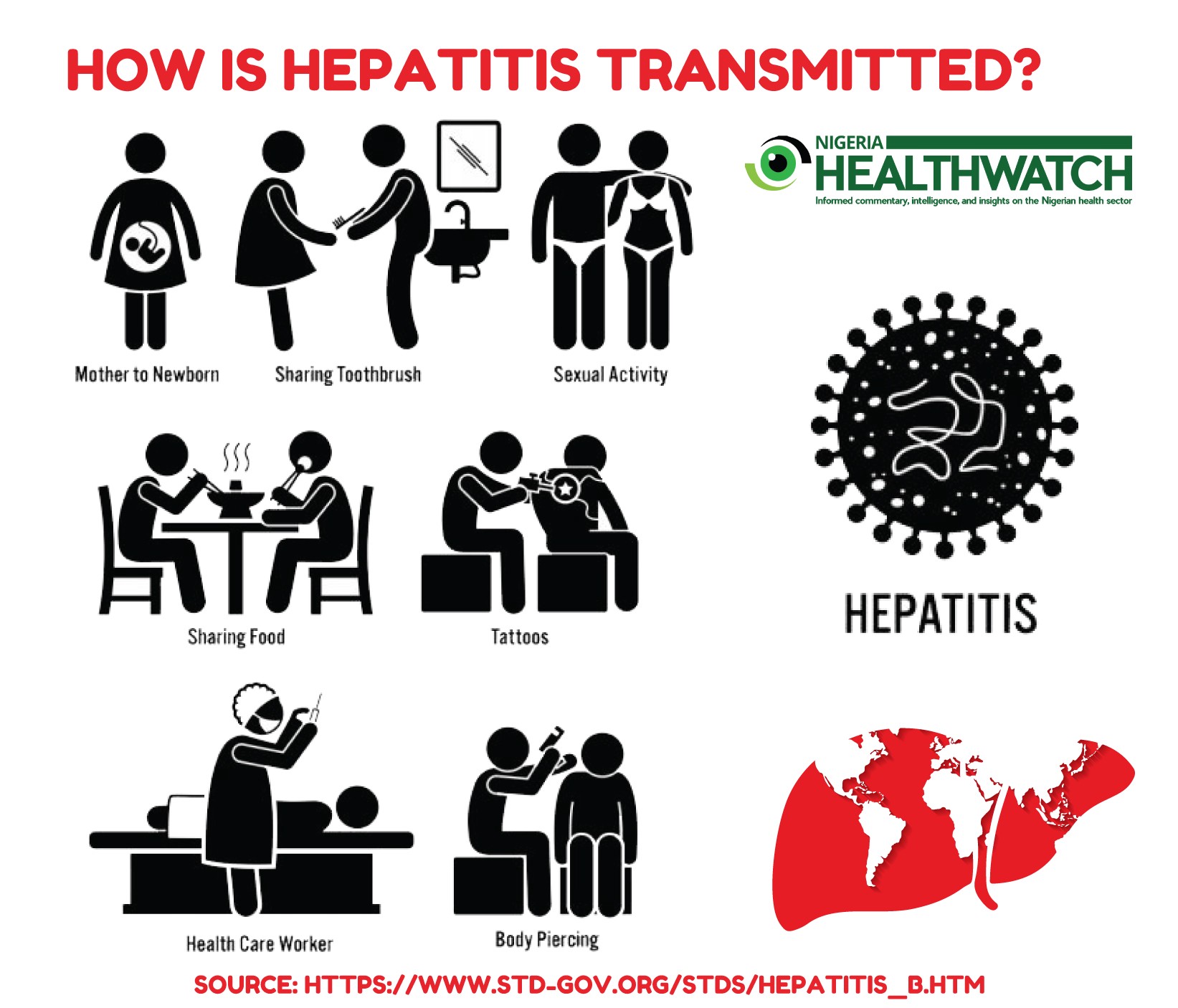
31 Jul Nigeria’s FG plans $3 billion budget to scale up immunisation nationally
The federal government of Nigeria has expressed its intent to scale up immunisation nationally. This is as a result of the increase in the number of Nigerians suffering from diseases with existing vaccines: records show that the number of Nigerians suffering from acute hepatitis infection as recently as 2018 was 20 million, said Dr Osagie Ehanire, Nigeria’s Minister of Health,
He announced that as a result of this development, they will be investing $3billion into this project, through Nigeria’s Strategy on Immunization and PHC Systems Strengthening (NSIPSS).
This was announced at this year’s World Health Organisation (WHO) virtual World Hepatitis Day gathering. The day also marked the launch of the guidelines for the prevention of mother-to-child transmission of hepatitis B. Ehanire said that Nigeria’s federal government is working in alignment with regional resolutions to reduce chronic hepatitis B virus infection to less than 2 per cent in children under five years by the end of this year.
He explained that the plan is for the transitioning to financial ownership of the immunisation and primary health care system over a ten-year period from 2018 to 2028.
According to him, the plan is aimed at addressing inequities in the uptake of routine vaccines and improvement of coverage for HBV birth dose, adding that in 2019, hepatitis B HBV birth dose coverage was 59 per cent.
Nigeria was recently taken off the list polio-endemic countries, but as Ehanire confirmed, hepatitis B and C are still a thriving problem.
“In 2018, Nigeria conducted a National AIDS indicator and impact survey which showed a prevalence of 8.1 per cent for hepatitis B (HBV) and 1.1 per cent for hepatitis C (HCV). We could estimate that about 20 million people are chronically infected”.
This, he said, is prevailing despite the fact that Nigeria was one of the first African countries to introduce a birth dose of HBV vaccine in 2004.
The minister noted the country followed up by establishing the National Viral Hepatitis Control programme in 2013 to coordinate all national efforts, and through this, developed national documents, including policies, strategic plan, guidelines, training materials and treatment centre directory.
“We hope to continue to increase coverage as we work towards elimination. It is important to note that Nigeria has not defaulted in its co-financing obligations of routine immunisation implementation for the past three years”, he said.
Image: HealthWatch
News source: This Day


No Comments